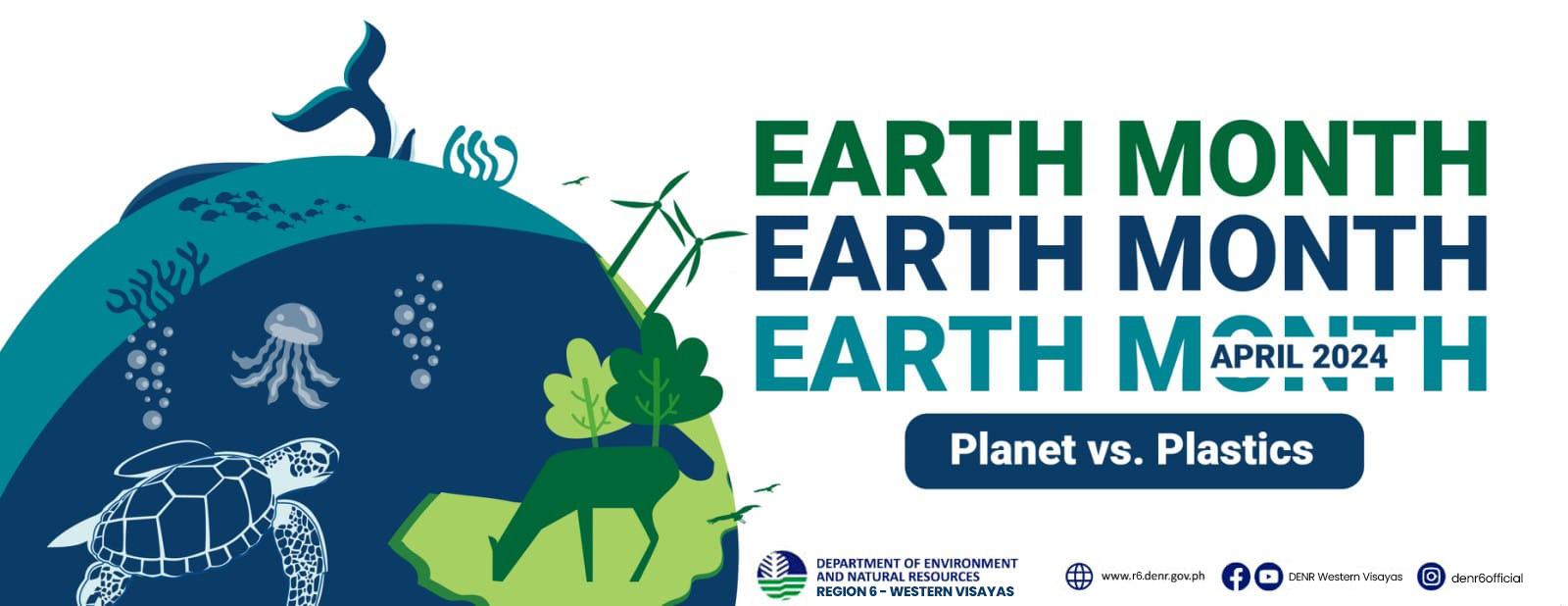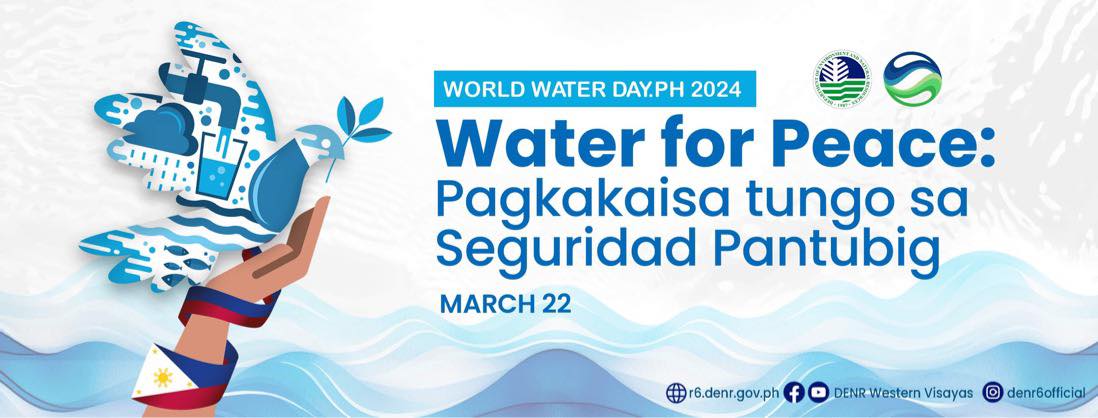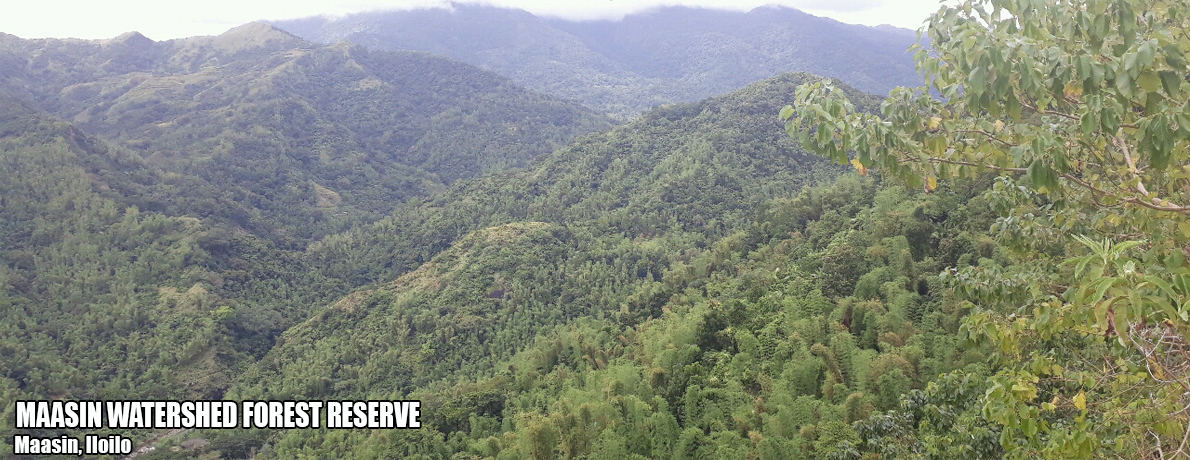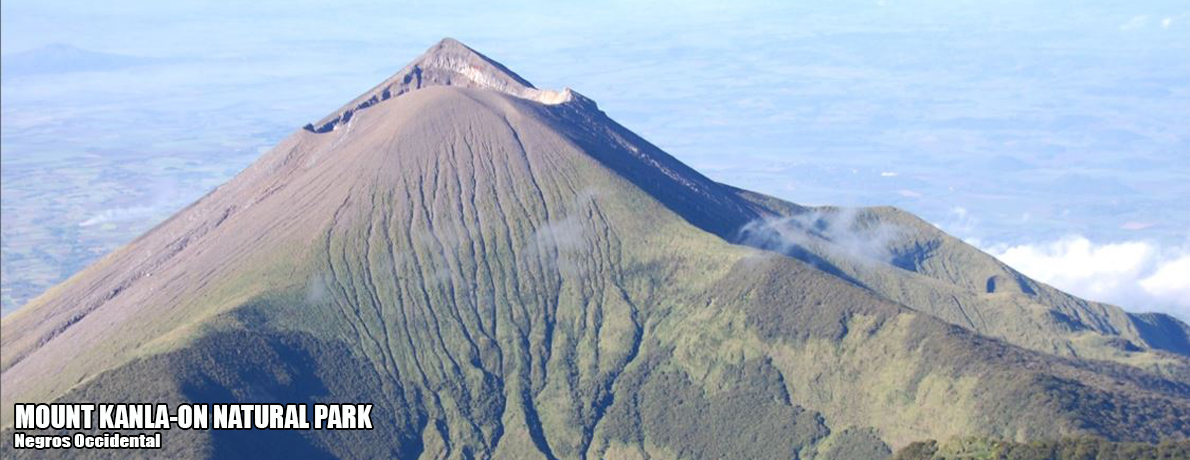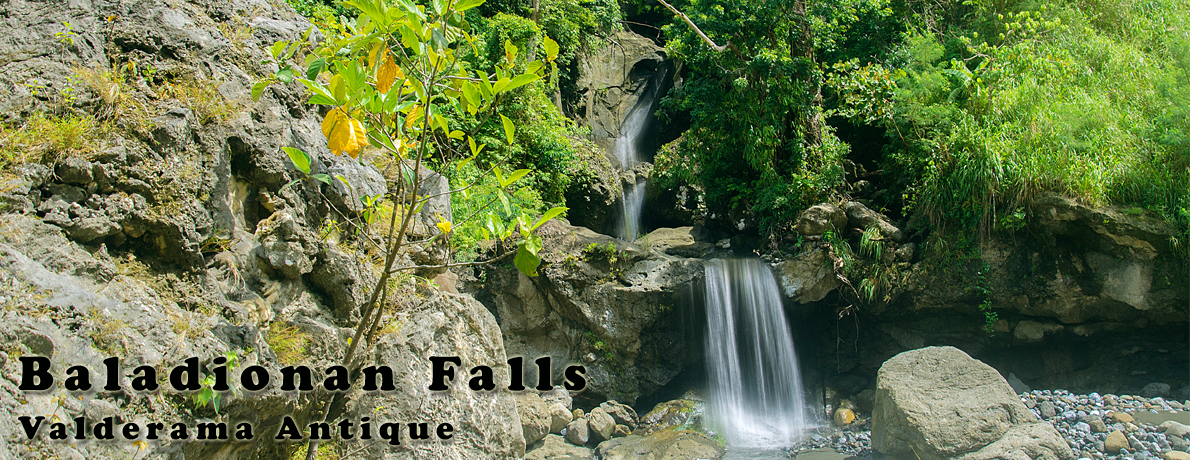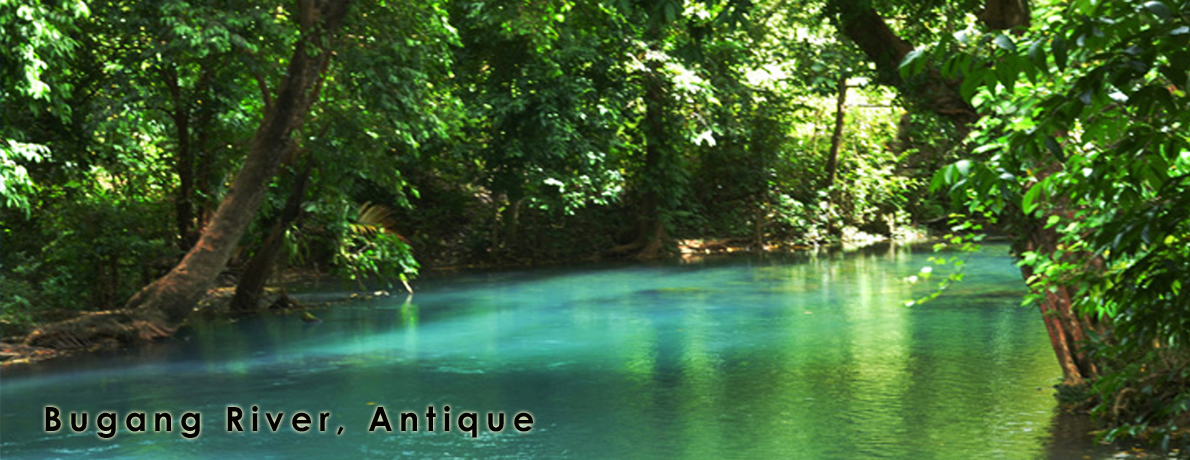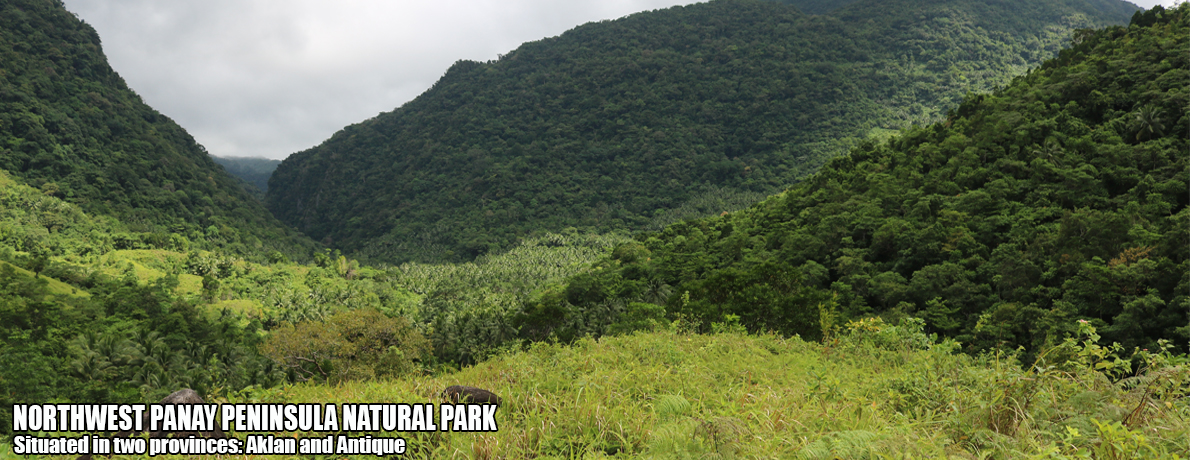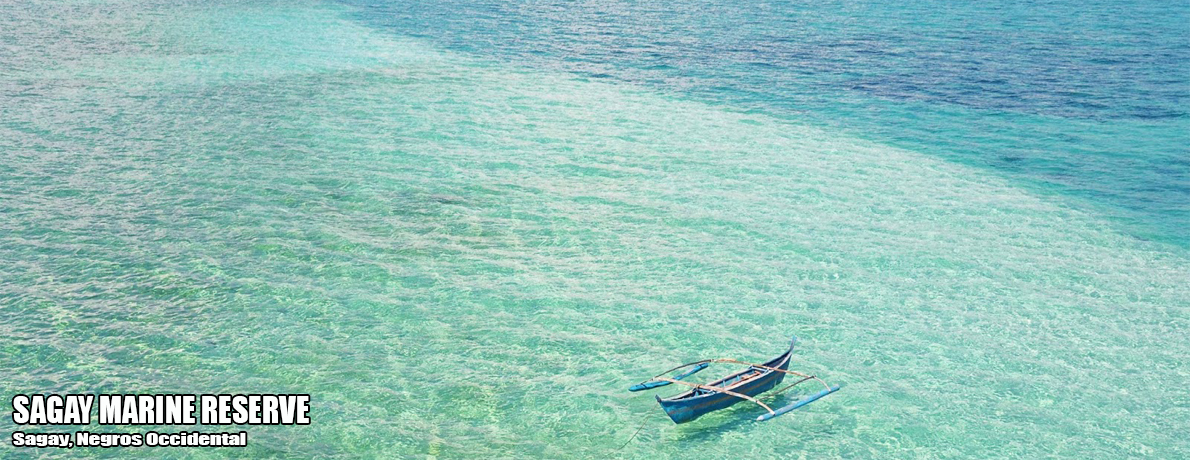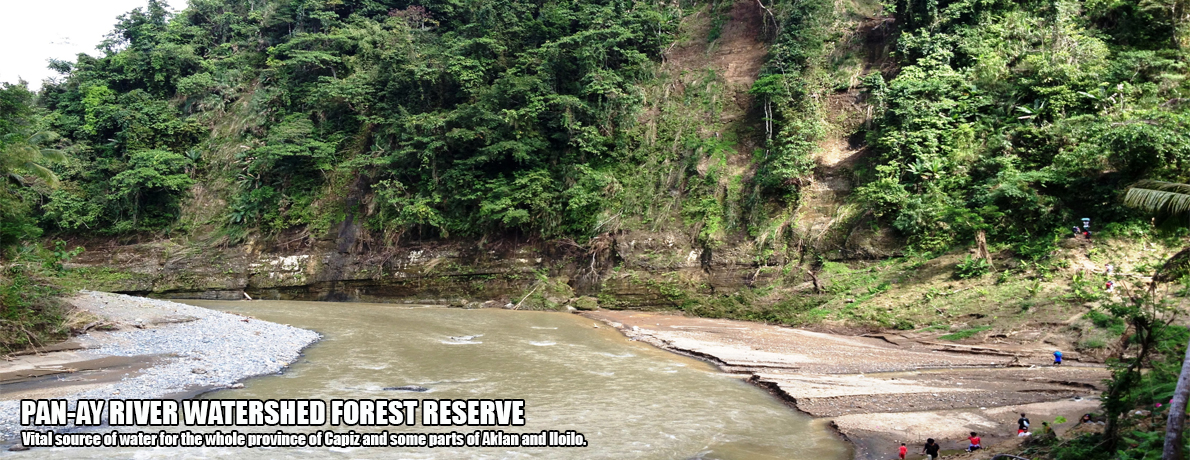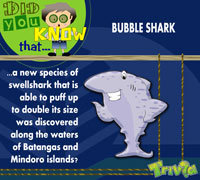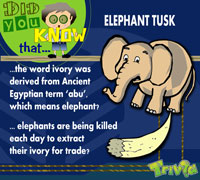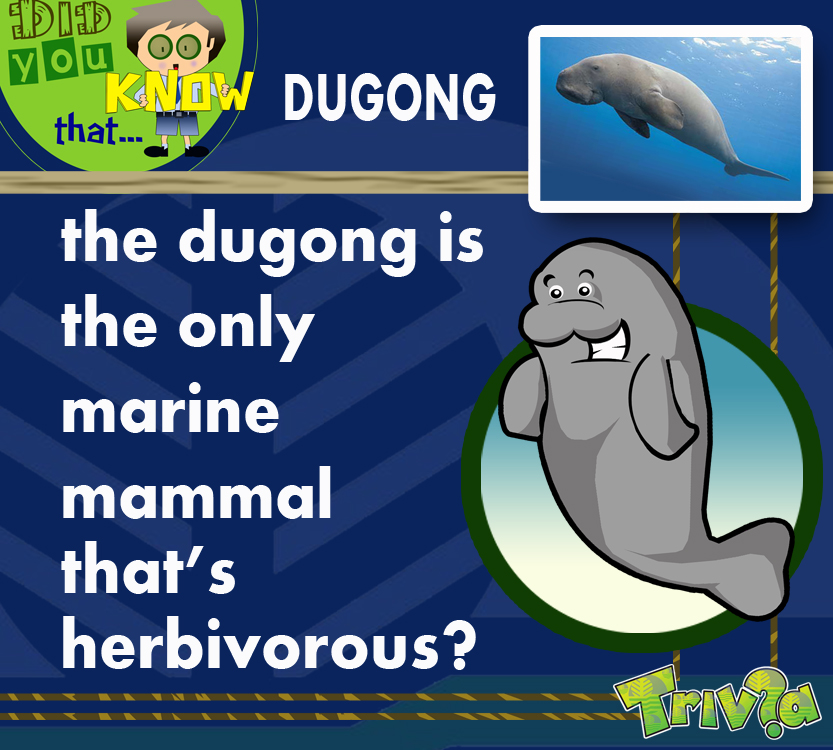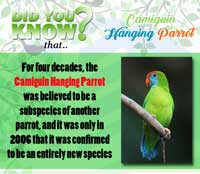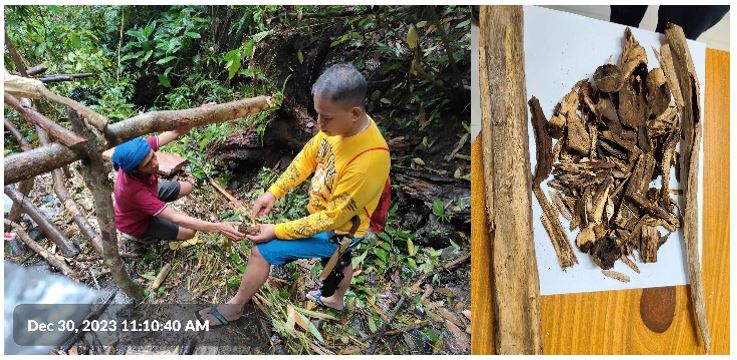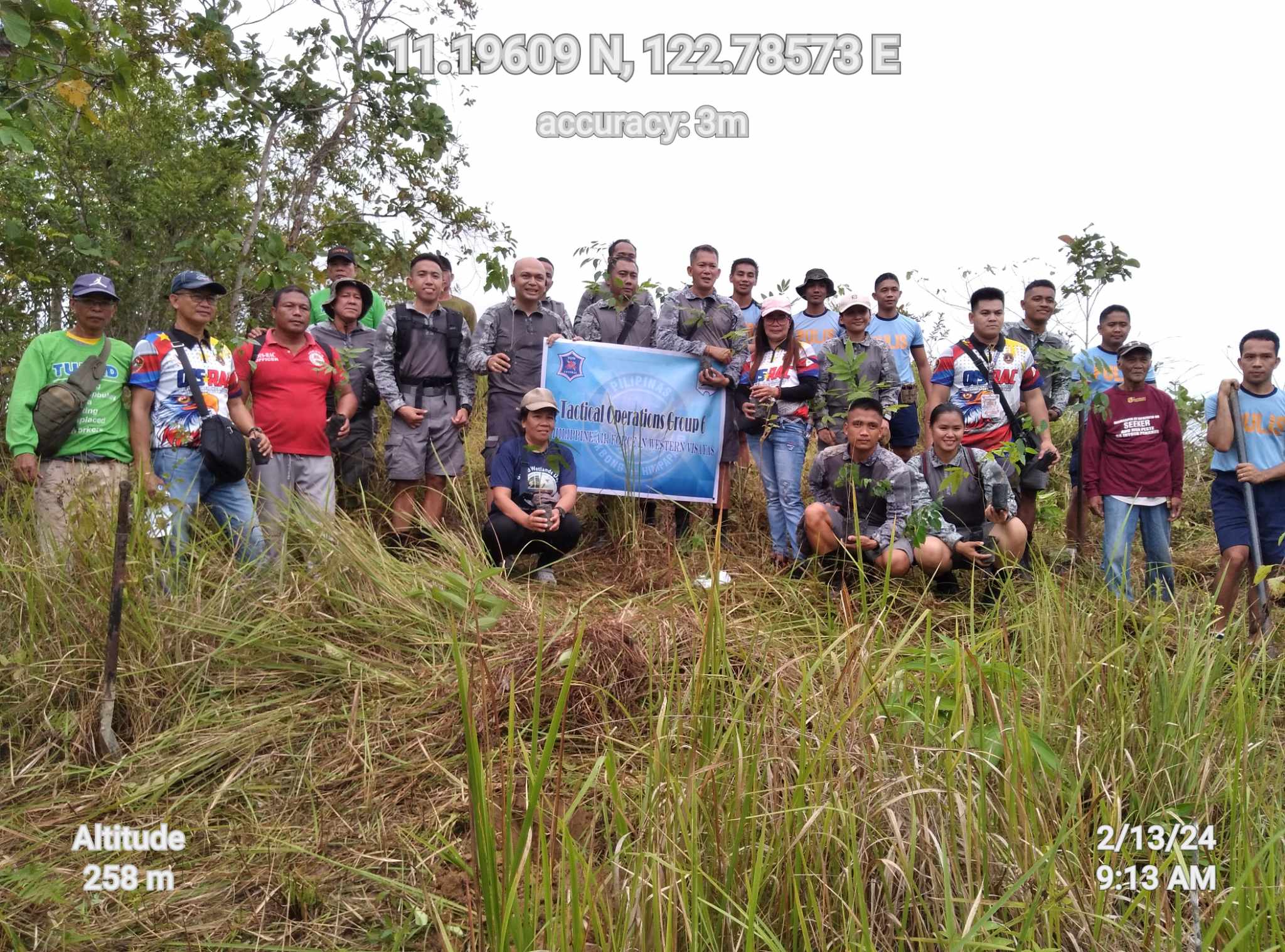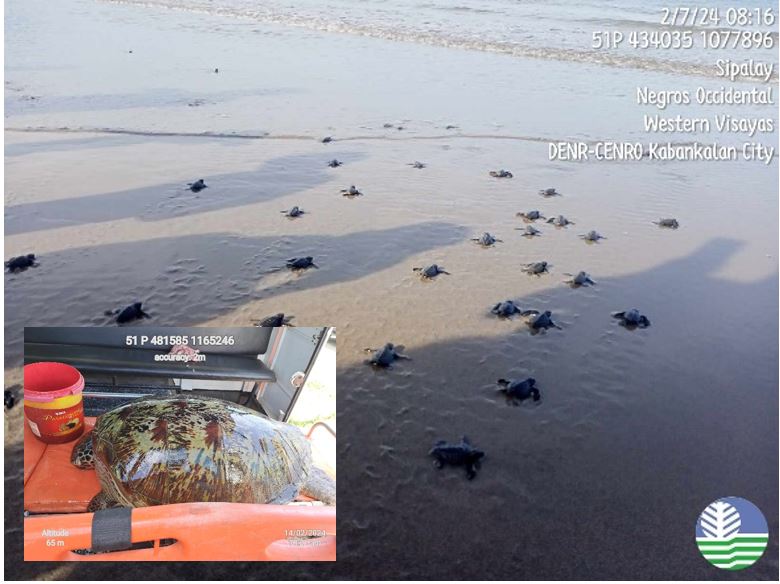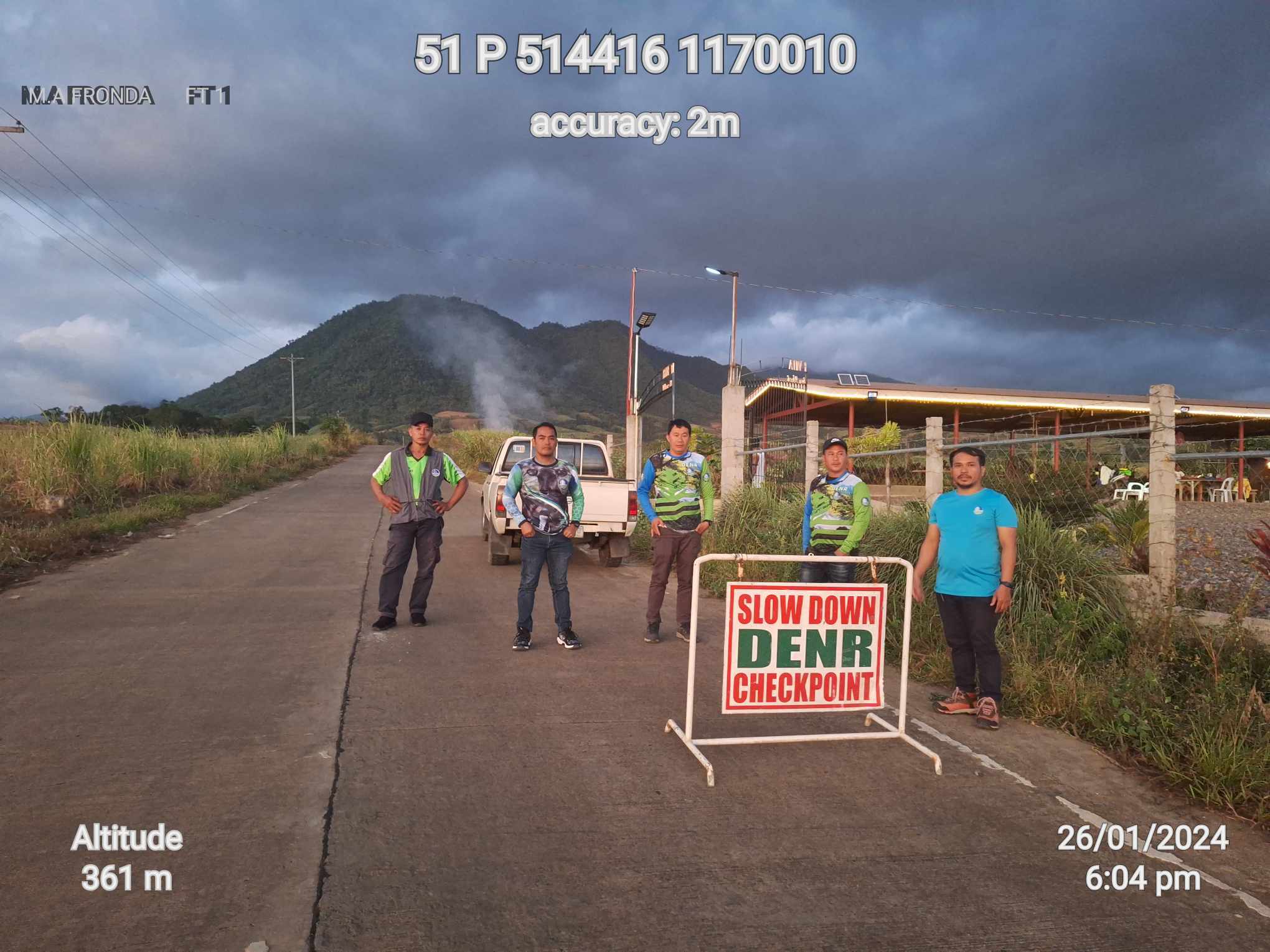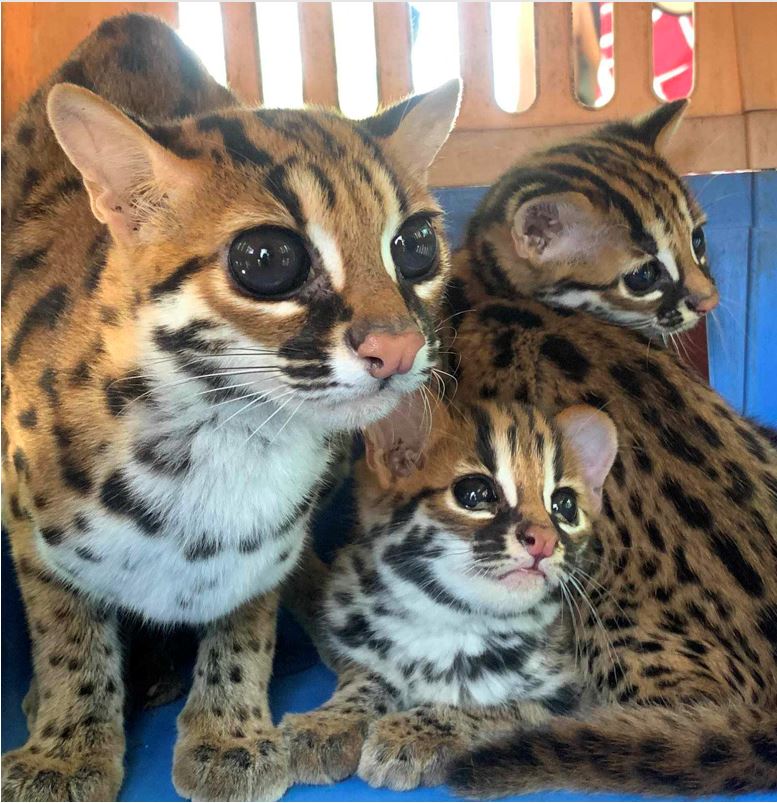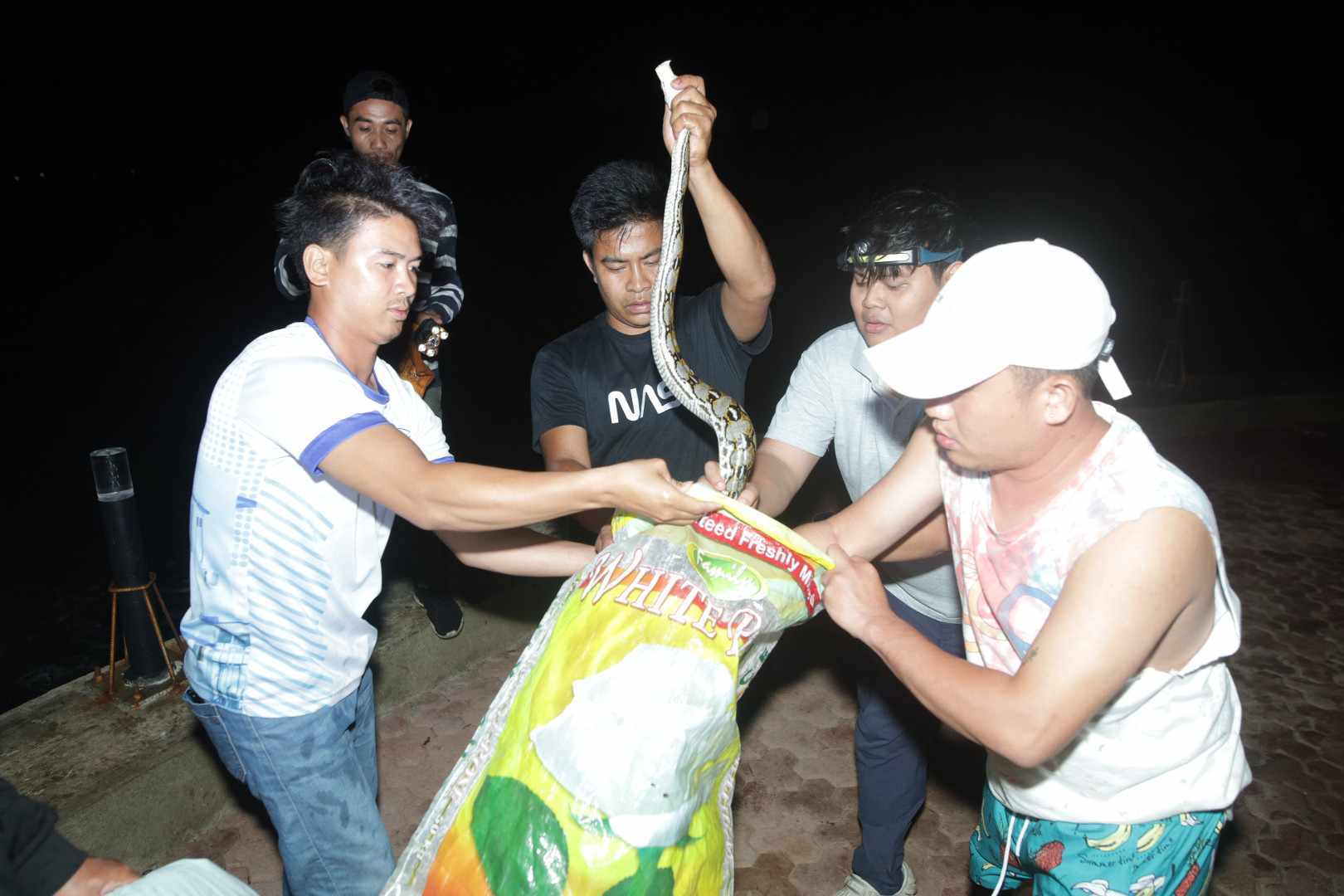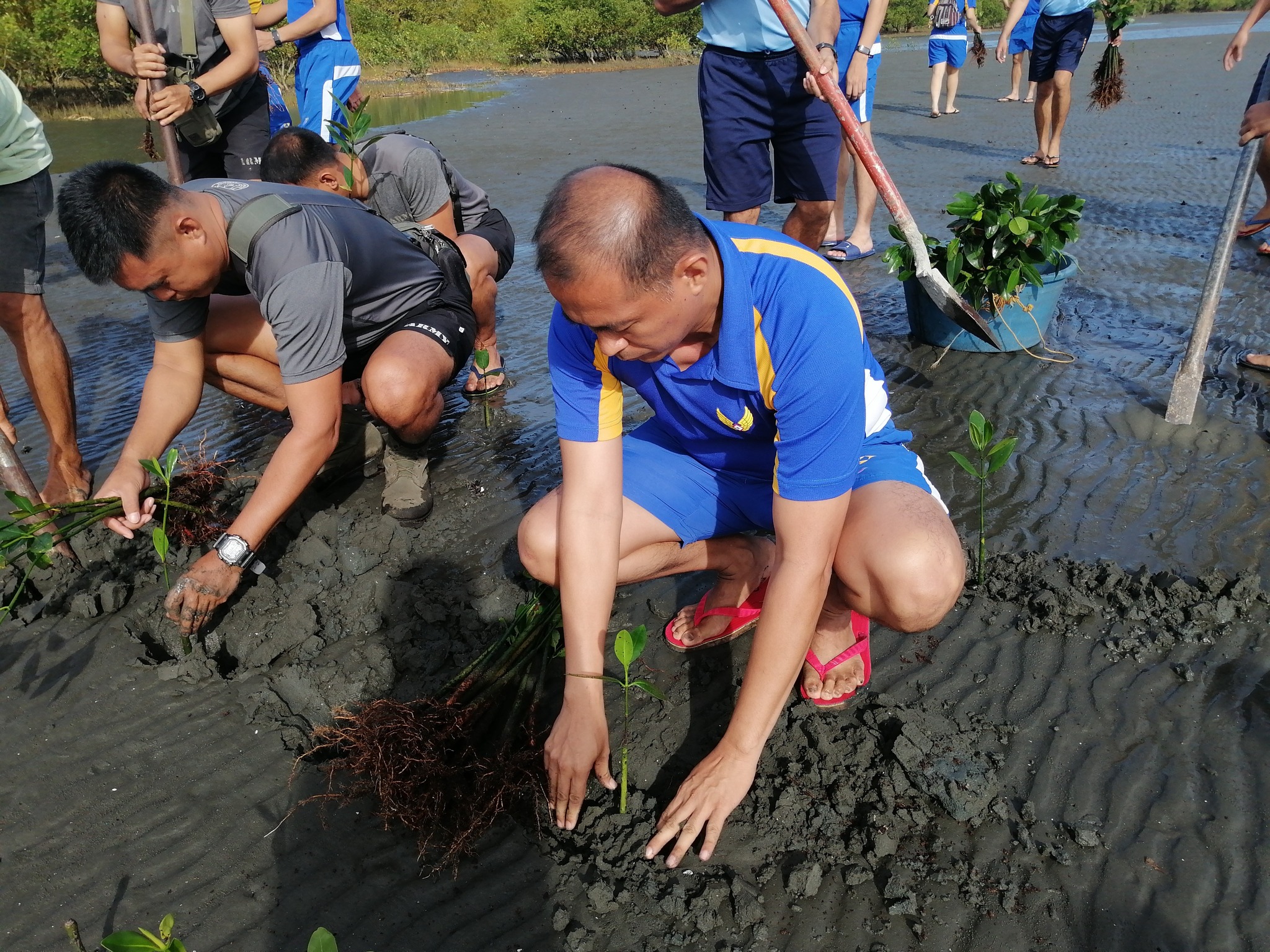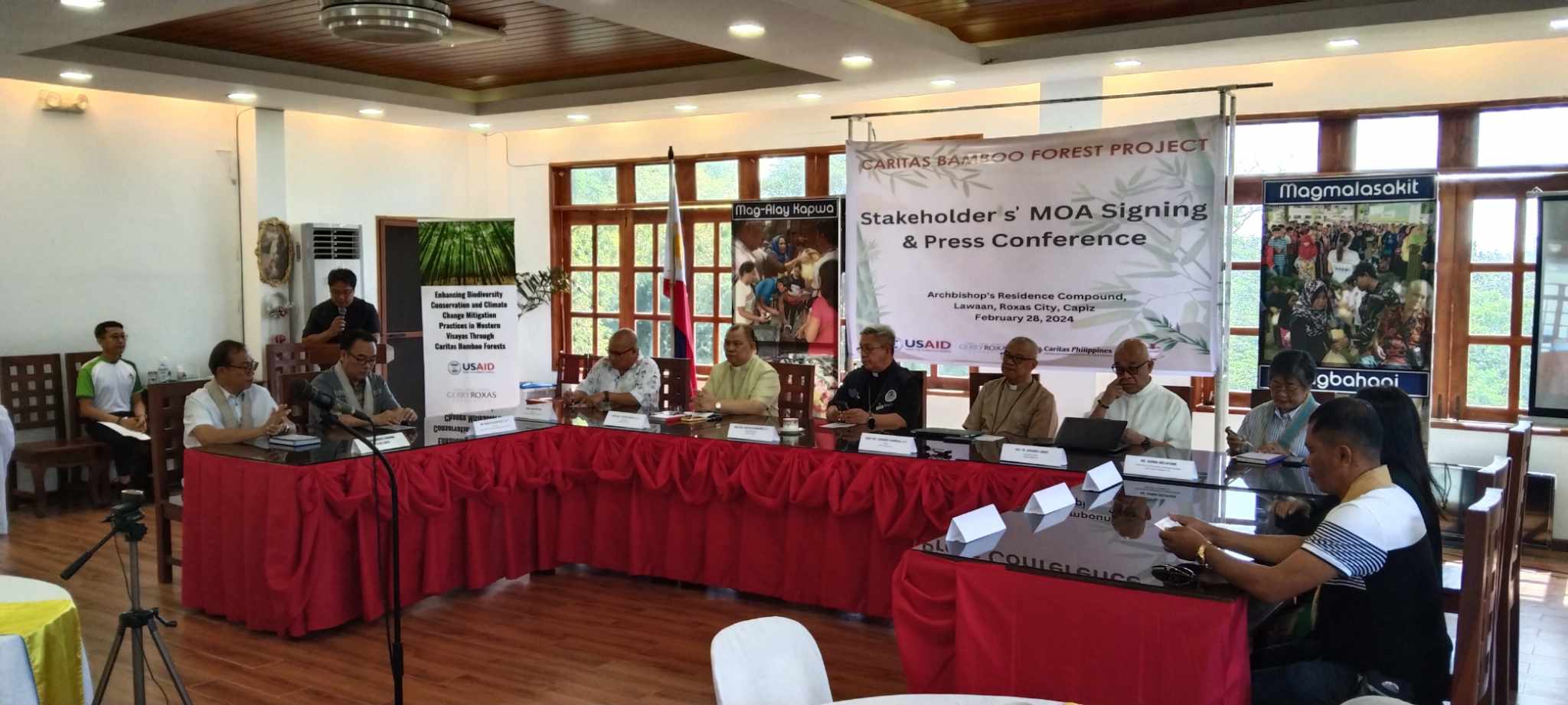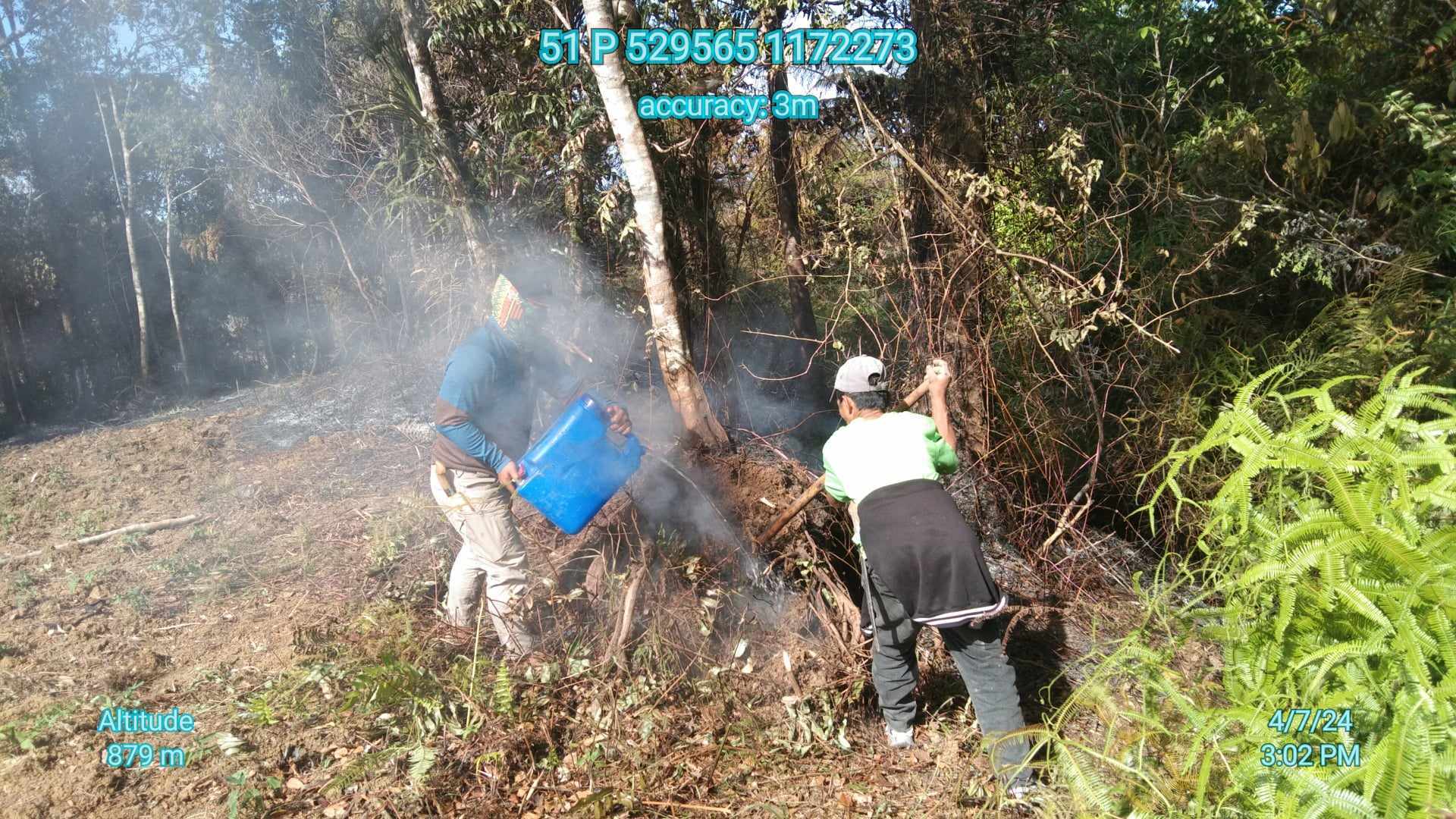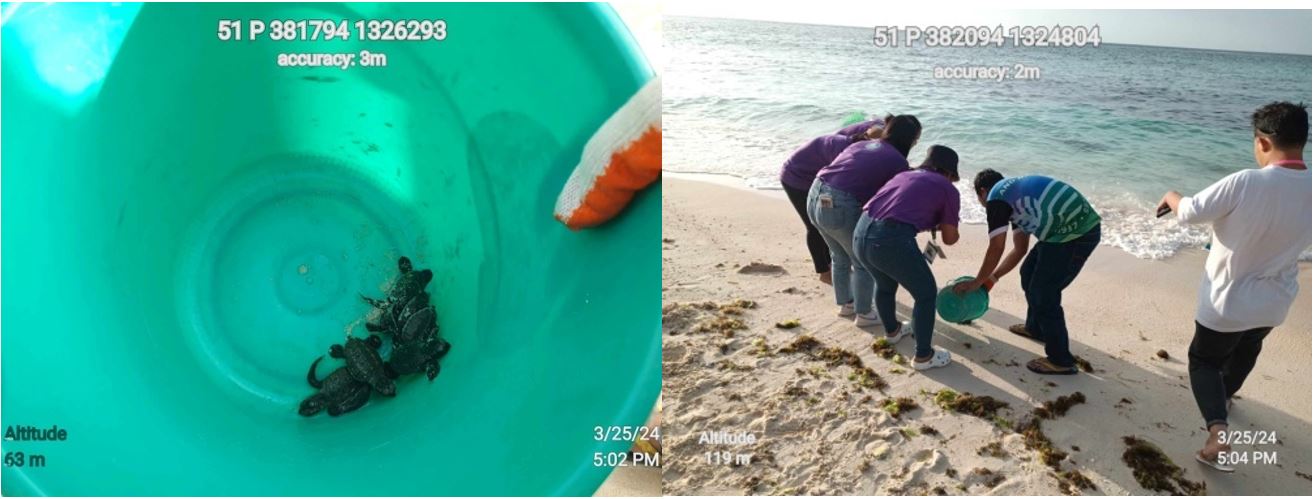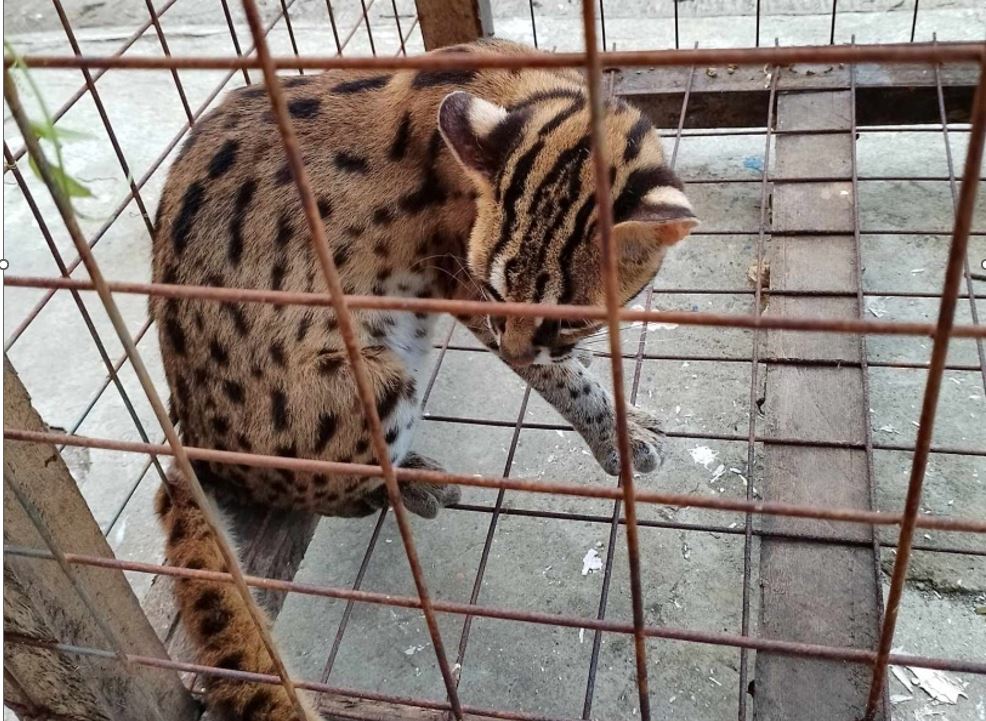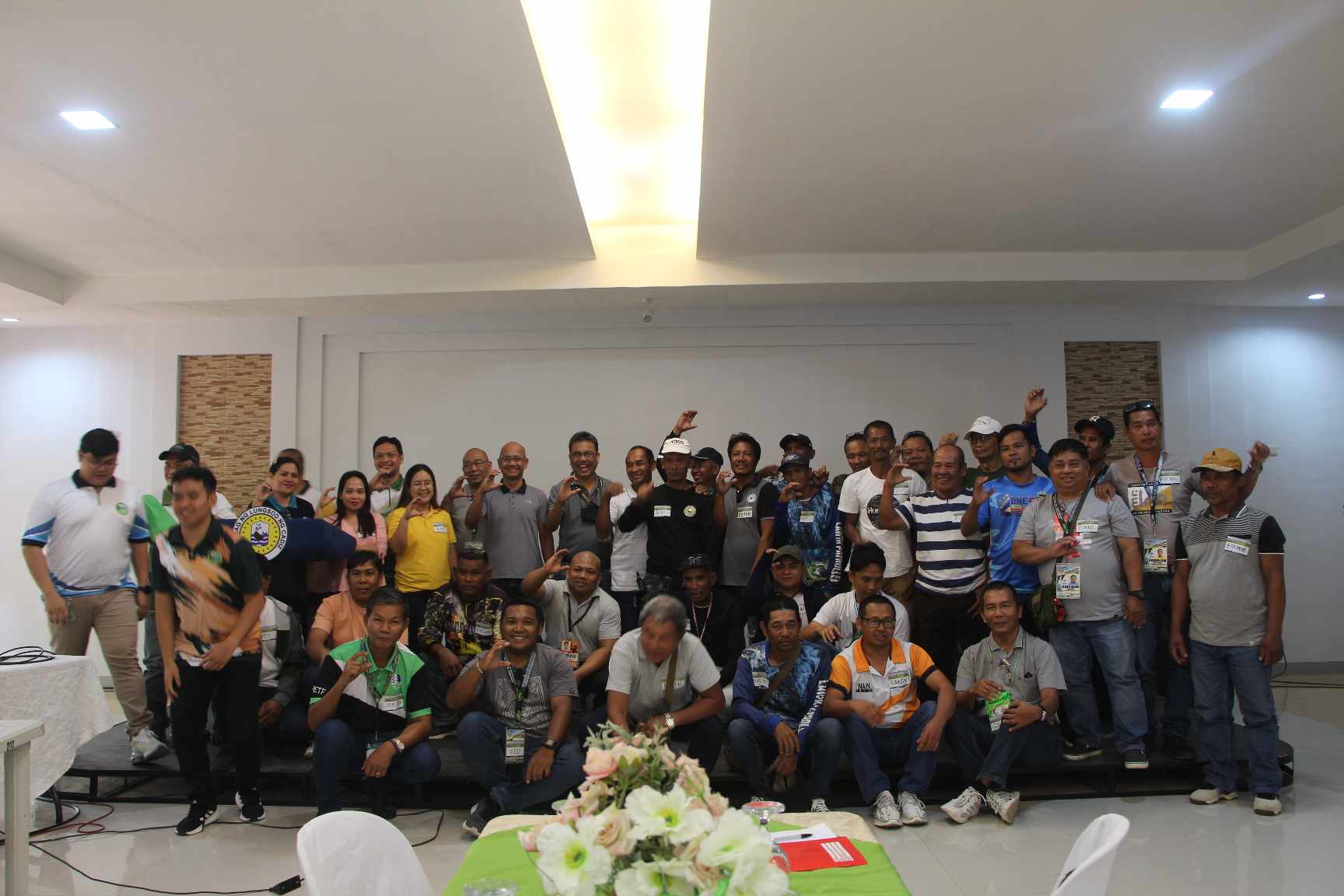The Philippines has once again demonstrated its strong and steadfast commitment to fighting illegal wildlife trade following two consecutive law enforcement operations that resulted in massive seizures of live wild animals and arrest of wildlife criminals.
Environment Secretary Roy A. Cimatu made this remark after the Philippine Operations Group on Ivory and Illegal Wildlife Trade, or Task Force POGI, seized over P50-million worth of live exotic animals reportedly smuggled from Indonesia in an operation conducted on April 8 in Mati City, Davao Oriental.
Earlier this month, the Bureau of Customs also intercepted more than 700 live venomous tarantulas, with combined estimated value of P310,000, at the Ninoy Aquino International Airport. The interception also led to the arrest of two suspects, one of them is the consignee of the shipment from Poland.
Cimatu said the government has not changed its stance on wildlife protection and will not ease its crackdown on illegal trafficking and trade of wildlife species.
“The Philippines is taking illegal wildlife trade seriously,” the former military chief said. “We want to send a clear signal that the country does not tolerate illegal wildlife crime, trafficking and trade that is driving endangered species to the brink of extinction.”
With a value of $23 billion annually, illegal wildlife trade is the fourth most lucrative global crime after illegal drugs, human trafficking and illicit arms trade.
The Philippines has been labeled as a consumer, source and transit point for illegal trade of wildlife and their by-products, threatening endemic species populations, economic development and biodiversity.
Cimatu said the government will not waver in its commitment to end illegal wildlife trade. “We are not going to stop. The fight against illegal wildlife trade is worth fighting,” he said.
In June 2013, the Philippines—through the Department of Environment and Natural Resources (DENR)—destroyed at least five tons of smuggled elephant tusks using a road roller, making the Philippines the first country in Asia to conduct physical destruction of massive ivory stockpile in support of global efforts to stamp out illegal wildlife trade.
Last April 8, Task Force POGI—a composite team of wildlife enforcers from various agencies including the Biodiversity Management Bureau, the National Bureau of Investigation and the Philippine National Police—conducted a raid in Barangay Dahican in Mati City where they confiscated 450 species of bird, mammals and reptiles, including the endangered black palm cockatoos (Probosciger aterrimus) and echidna, both of which are listed in the Convention on International Trade in Endangered Species of Wild Fauna and Flora (CITES) Appendix I and II respectively.
CITES is an international agreement between governments and aims to ensure that international trade in specimens of wild animals and plants does not threaten their survival, and was conceived to regulate the trade of wildlife animals and plants across borders and safeguard certain species from over-exploitation.
Appendix II states a list of species that are not necessarily threatened with extinction, but trade must be controlled in order to avoid utilization incompatible with their survival, while the Appendix I contains a list of species threatened with extinction.
The confiscated exotic animals were reportedly in the area for safekeeping in a week before they are transported to and sold in different areas in the country. The task force arrested two persons who served as caretakers of the wild animals.
Both the suspects in the tarantula shipment and Indonesian wildlife have been charged for violating Republic Act 9147 or the Wildlife Resources and Protection Act, which defines and penalizes illegal wildlife trade.
Under the law, unlawful trading, possession and transport of wildlife species are punishable by a jail term of up to two years and a fine of not more than P200,000. ###

